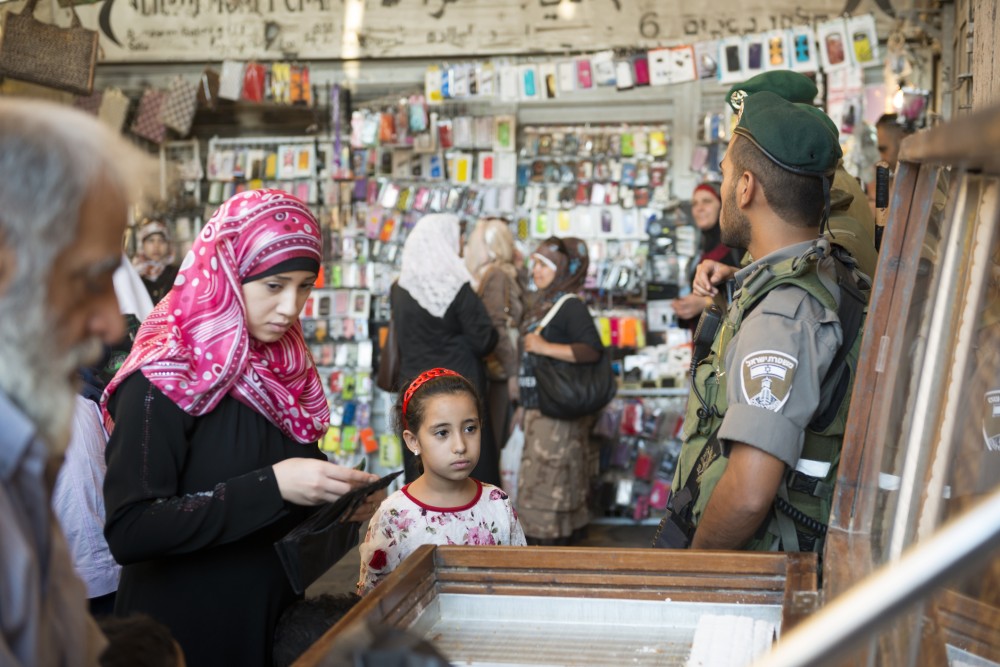Occupation pierces my Israeli soul
Jewish history tells me to be both compassionate and alert. When it comes to the Palestinian conflict, I don't know how to do both at once.

Dear Palestinian Neighbor: In 1989, at the height of the first intifada, I was drafted into the Israel Defense Forces. My unit was sent into the Gaza refugee camps, where I learned the meaning of occupation. By day we would enter the camps—shantytowns of corrugated roofs held down with blocks, sewage running in ditches—to demonstrate a presence, as the army put it. By night we would search homes for terror suspects—or for those who hadn’t paid, say, their water bills. We weren’t soldiers as much as policemen, enforcing an occupation that seemed to me increasingly untenable.
One day a chubby teenage Palestinian boy, accused of stone throwing, was brought, blindfolded, into our tent camp. A group of soldiers from the Border Police unit gathered around. One said to him in Arabic, “Repeat after me: One order of hummus, one order of fava beans, I love the Border Police.” The young man dutifully repeated the rhymed Arabic ditty. There was laughter.
This story haunts me. It is, seemingly, insignificant. The prisoner wasn’t physically abused; his captors, young soldiers under enormous strain, shared a joke. But that incident embodies for me the corruption of occupation. When my son was about to be drafted into the army, I told him: There are times when as a soldier you may have to kill. But you are never permitted, under any circumstances, to humiliate another human being. That is a core Jewish principle.




